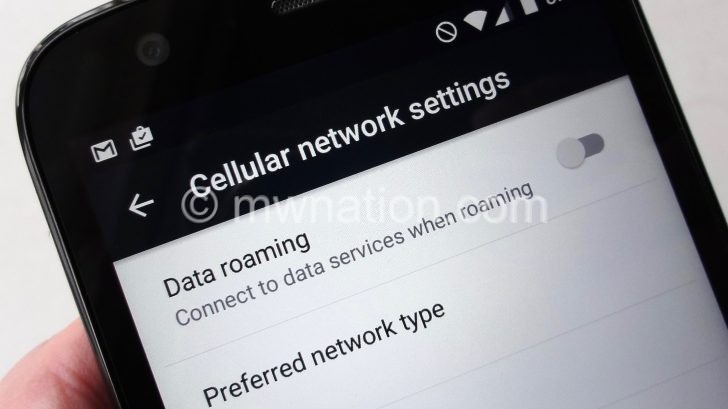Comesa to abolish call roaming charges
Member States of the Common Market for Eastern and Southern Africa (Comesa) have agreed to abolish roaming charges levied on cross-border mobile calls, a move that is expected to reduce calling charges.
This development will mean citizens of Comesa travelling within the region paying domestic rates for calls, text messages and data services.
Currently, most of them use multiple subscriber identity module (SIM) cards in each country they travel to in the region to avoid the rather high roaming charges.
If the move materialises, Comesa will be following in the footsteps of the European Union (EU) which ended roaming charges from June 15 this year.
According to a Trade Law Centre (Tralac) Report published earlier this year, there is a public outcry about the level of international mobile roaming (IMR) charges in Africa.
In a press statement on Thursday, Comesa head of corporate communications Mwangi Gakunga said ministers in charge of infrastructure in the region made the decision to abolish roaming charges last Wednesday during their 10th meeting in Lusaka, Zambia.
He said the ministers and government representatives from 15 of the 19 Comesa countries resolved to initiate the action towards abolishing roaming charges levied on mobile calls.
According to the statement, the move seeks to bring down the price of information and communications technology (ICT) services that remain high in Africa compared to other regions of the world.
The ministers also observed that although the pricing of voice services in many African countries was becoming competitive and comparable with the rest of the world, the cost of broadband continued to be out of reach of most people.
The ministers further noted that Africans paid on average 25 percent of monthly gross national income (GNI) per capita on mobile cellular calls compared to 11 per cent in other developing nations.
They also observed that studies in the Comesa region have shown that Malawians on average use more than $12 (about K8 800) a month on mobile phones.
“This is more than half of what an ordinary Malawian earns in a month which is very expensive. Hence, there was a general concern on high mobile termination and roaming charges. They noted that although mobile phones had provided new sources of originating international traffic, it was also more expensive to terminate traffic on mobile networks,” the ministers noted.
While the meeting observed that despite substantial investments in network infrastructure in recent years, Africa lacked a robust network connectivity and high-quality, affordable Internet access.
Malawi Communications Regulatory Authority (Macra) said it did not attend the Lusaka meeting and Comesa said it is yet to communicate to them through the Association of Regulators of Information and Communications for Eastern and Southern Africa (Aricea) as the meeting has just made the decision last week.
In a telephone interview yesterday, Macra director of finance Ben Chitsonga said Southern African Development Community (Sadc) is implementing a similar project which is at an advanced level now and Comesa could be following in its footsteps.
“What happens is that when the ministers make the declarations, then they send it to the technical panel to work out the modalities. Sadc did the same process two years ago. We are now in the process of removing the charges,” he said.
Chitsonga said Sadc had set up committees which are working on removing the roaming rates in the region.
Consumers Association of Malawi (Cama) executive director John Kapito has since applauded Comesa for the declaration.
“We have taken the right direction as we have always talked about Malawi the most expensive country in the region with exorbitant rates when it comes to communication,” he said.





